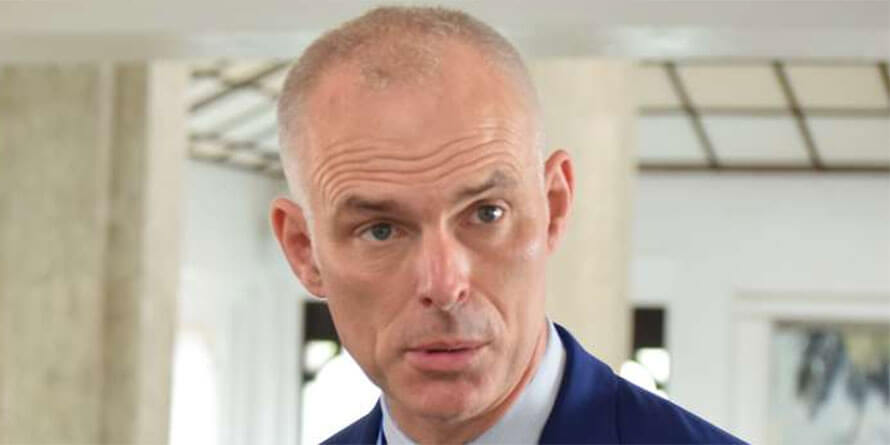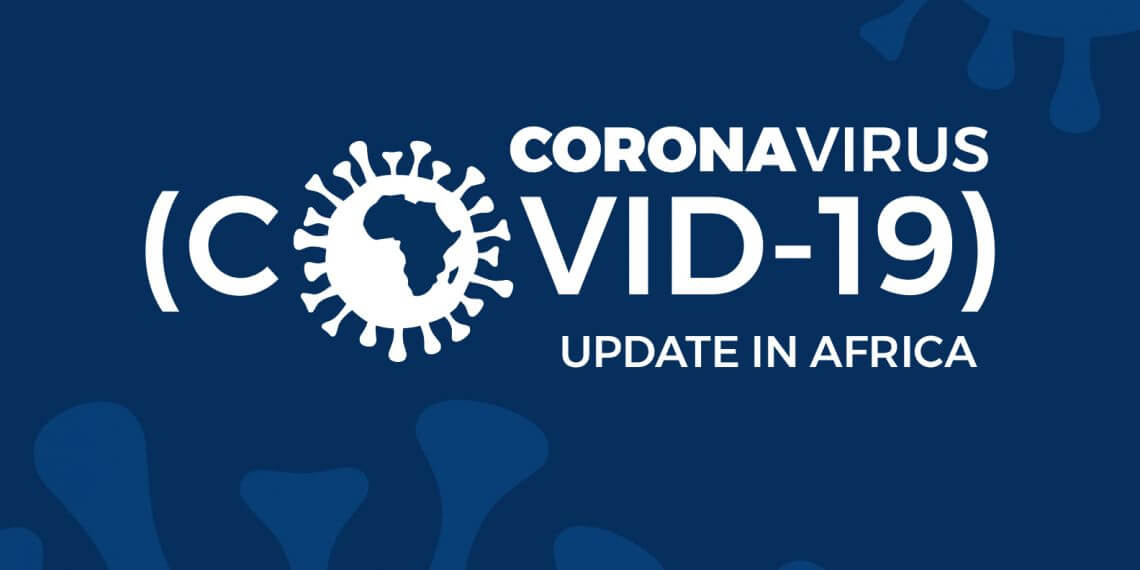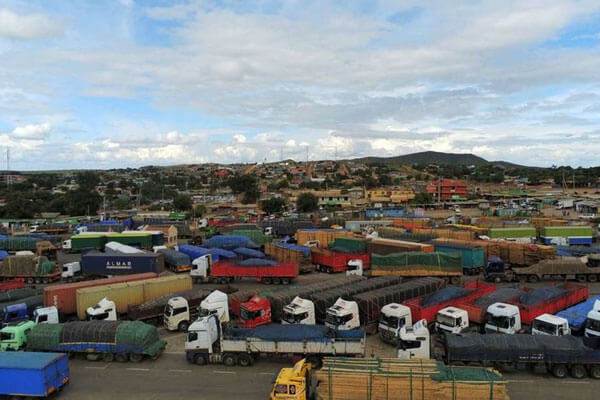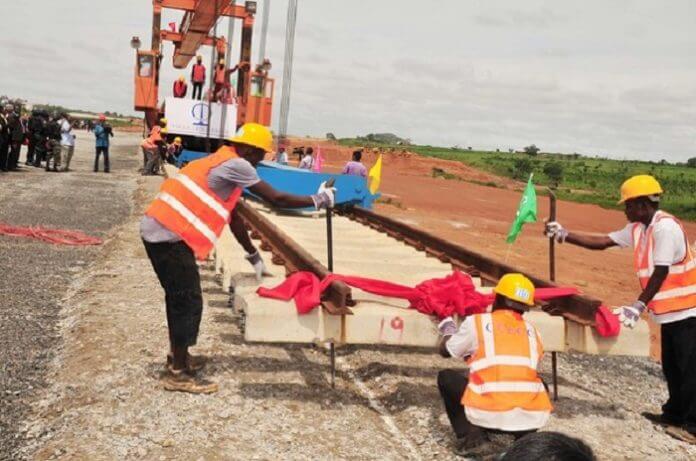A report by United Nations Conference on Trade and Development said despite steps taken to develop the country into a regional e-commerce hub, the digitalization of government services is advancing and the government is investing resources into enhancing the overall business environment. “Despite this, Tanzania has yet to adopt a stand-alone e-commerce policy or strategy and e-commerce is not mainstreamed into the national or sectoral trade development strategies. E-commerce development is not currently on the agenda of existing inter-ministerial or public-private dialogue platforms,” the Tanzania’s Rapid eTrade Readiness Assessment report said. The report further noted that with a large and growing population, a competitive mobile network operators (MNOs) market and increasing mobile service delivery, the trajectory of growth of mobile Internet users is positive. “Building the National ICT Broadband Backbone (NICTBB), connected to the region’s main submarine cables, has resulted in lower mobile data prices for end-users. By the end of 2018, 3G and 4G networks covered around 61 per cent and 28 per cent of Tanzania’s population, respectively. This remains considerably lower than the 2G coverage of around 90 per cent,” the report noted. The UNCTAD report stated that although mobile data prices are reasonably low, they remain unaffordable for segments of the population that mostly reside in rural areas which has resulted in a large gap in Internet use between urban and rural areas. “Also, fewer women than men access and use the Internet. Given that most Tanzanians access the Internet through their mobile phones, the low Internet...
UNCTAD’s report commends govt’s digitization drive but…
Posted on: June 29, 2020
Posted on: June 29, 2020
























